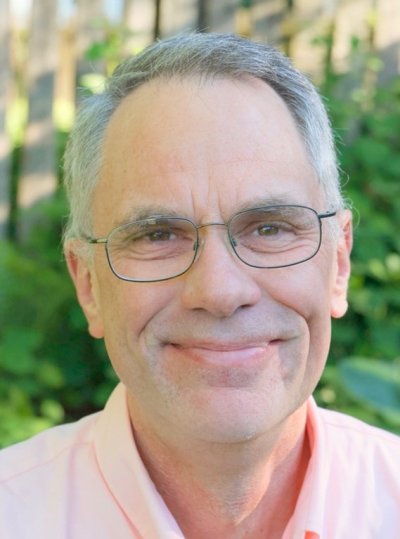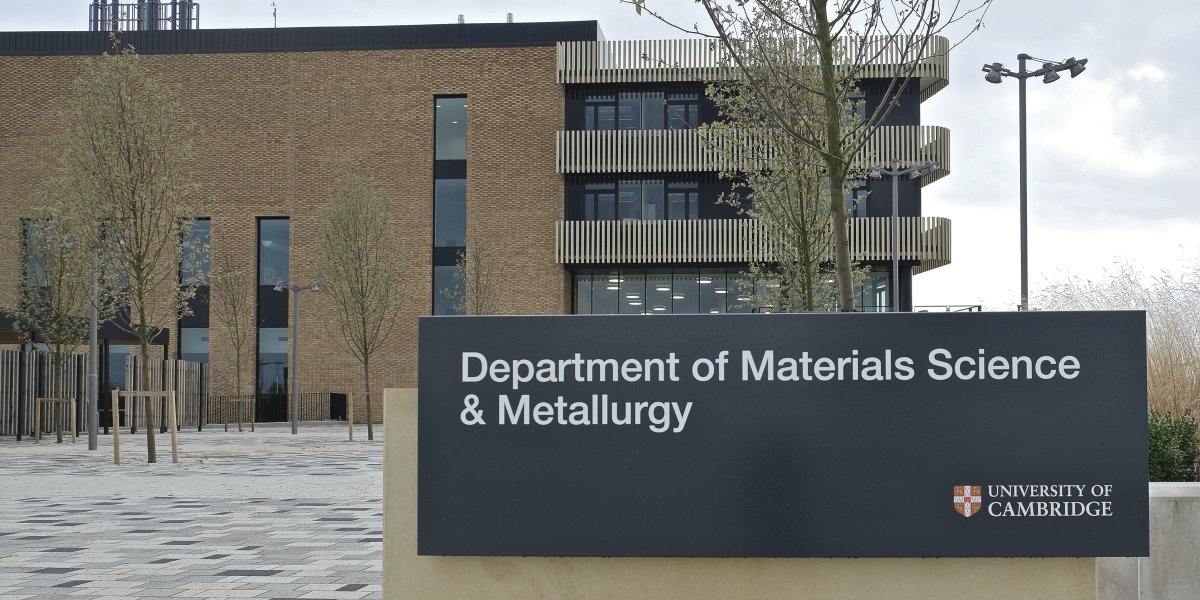Armourers and Brasiers' Cambridge Forum
Armourers and Brasiers' Cambridge Forum
The Armourers and Brasiers' Cambridge Forum is an annual event for the materials science community, incorporating talks, poster sessions, networking opportunities, and the chance to hear from early-career researchers. It aims to raise the profile of materials science in the UK's academic and industrial communities, while being international in scope. The Forum attracts high-level involvement from industry, research councils and other influential bodies. It incorporates the Kelly Lecture, which this year will be delivered by Professor Mark Ediger from the University of Wisconsin-Madison, USA. The Forum is generously supported by the Armourers and Brasiers' Livery Company, AWE, Henry Royce Institute, Institute of Materials, Minerals & Mining, The Materials Processing Institute, Rolls-Royce, and Paragraf.

The Armourers & Brasiers’ Company
The Armourers & Brasiers’ Company is a livery company in the City of London. It was founded in 1322 to oversee standards in the making of armour and helmets in and around the City of London. Charitable work was always part of the Company’s purpose, focused on the welfare of members and apprentice education. In modern times, the Company, through its Gauntlet Trust, supports education, research and innovation in Materials Science as this is the modern discipline most closely aligned to its craft heritage of manufacturing in metals and materials.
Programme |
|
|
13.00 |
Registration |
|
13.30 |
Welcoming remarks Mr Mike Goulette CEng FREng FRAeS |
|
13.35 |
Session I, including talks by: Prof. Sarah Cartmell, Department of Materials, University of Manchester |
|
14.35 |
Brief Encounters! ― a series of 3-minute talks by early-career researchers |
|
15.15 |
Tea and Poster Display |
|
16.05 |
Session II, including talks by: Prof. Adam Boies, Department of Engineering, University of Cambridge |
|
17.05 |
Short break |
|
17:20 |
The twenty-fifth Kelly Lecture - Prof. Mark Ediger, University of Wisconsin-Madison |
|
18:20 |
Closing Vote of Thanks |

Kelly Lecturer 2024
Professor Mark Ediger
University of Wisconsin-Madison, USA
"Glasses, but not as you know them!
— surface-mediated assembly of ultrastable and structured states"
Physical vapour deposition (PVD) can produce glasses with remarkable properties, including high density and high kinetic stability. By some metrics, these are the most stable glasses on the planet. The properties of PVD glasses can be explained by the surface equilibration mechanism. Even though the substrate is held below the glass-transition temperature Tg, the glass surface is highly mobile and this allows incoming molecules to sample many packing arrangements before being buried by further deposition. In this process, the sample can equilibrate well below the conventional Tg. Initial work with organic glasses has now been extended to show aspects of ultrastability in metallic and chalcogenide glasses.
The primary application of PVD glasses is organic light-emitting diode (OLED) displays, which are used for almost every mobile phone. High-stability glasses make displays that last longer. During PVD, equilibration occurs in an anisotropic environment (the free surface) and this creates the opportunity to form anisotropic glasses. For OLEDs, controlling anisotropy leads to brighter displays. Co-deposition allows controlled preparation of domain structures and this may be important for organic photovoltaic devices. The surface equilibration mechanism allows an understanding of all these examples.
Mark Ediger received his Ph.D. from Stanford University in 1984 and moved to the University of Wisconsin-Madison as an assistant professor in the Department of Chemistry. He is currently the Hyuk Yu Professor of Chemistry at UW-Madison. His research is focused on organic glasses, both polymeric and low-molecular-weight materials. Current research projects include mobility induced in glasses by deformation and the formation of ultrastable and anisotropic glasses by physical vapour deposition. Ediger has served on advisory boards for Macromolecules, the Journal of Polymer Science B: Polymer Physics Edition, and the Journal of Chemical Physics, and is currently an Associate Editor for the Journal of Chemical Physics. He served as Chair of the Polymer Physics Gordon Conference in 2004 and Chair of DPOLY in 2008. He received the DPOLY Dillon Medal in 1993 and the American Chemical Society Hildebrand Award for the Experimental and Theoretical Chemistry of Liquids in 2013, and the American Physical Society Polymer Physics Prize in 2015. He is a Fellow of the American Association for the Advancement of Science.
Speakers
Professor Sarah Cartmell (University of Manchester)
Professor Sandrine Heutz (Imperial College)
Professor Adam Boies (University of Cambridge)
Booking information
To reserve your space, please use the link below.
Booking for this event is now closed.
